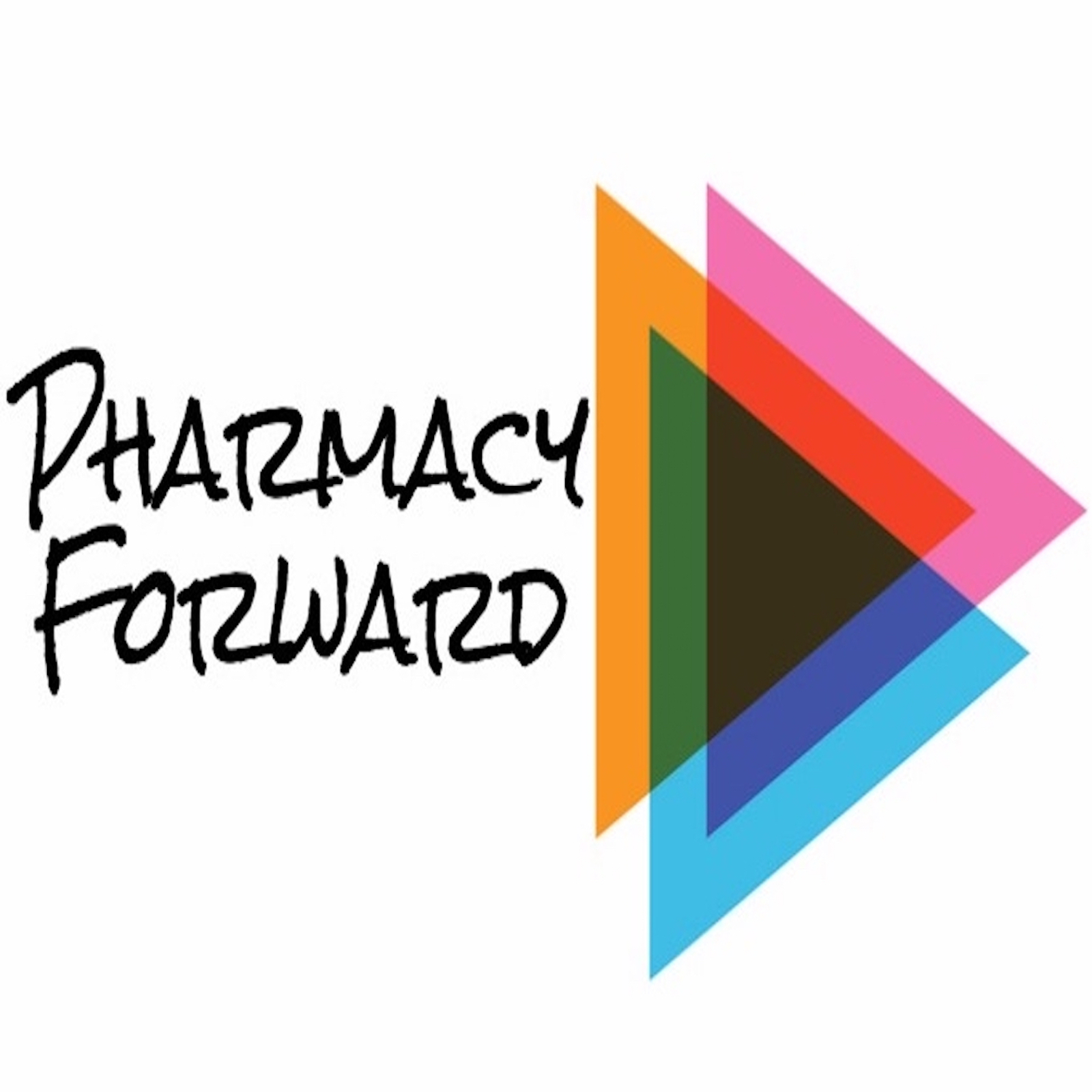Episodes

Thursday Dec 13, 2018
Opioid Overdose Crisis (II)
Thursday Dec 13, 2018
Thursday Dec 13, 2018
Suzanne Nesbit, Pharm.D., BCPS - Clinical Pharmacy Specialist in Pain and Palliative Care at the Johns Hopkins Health System - and Lucas Hill, Pharm.D., BCPS, BCACP - Clinical Assistant Professor at the University of Texas at Austin and Director of Operation Naloxone - discuss how to improve patient safety by implementing opioid stewardship and harm-reduction strategies.
Key Lessons
- Opioid stewardship requires multiple components starting first with a commitment to change and includes opioid prescribing guidelines, provider feedback, and patient education.
- Discussing the goals of therapy, intended treatment duration, and realistic expectations with patients when opioids are prescribed is critical.
- Patients at high risk of opioid overdose should receive naloxone and trained how to use it.
- Naloxone standing orders or collaborative practice agreements can facilitate access.
- Information from prescription drug monitoring programs can be helpful during the medication review process but providers must recognize their limitations.
- Pain relief requires a patient-specific approach. Patients with a substance use disorder deserve to have their pain addressed too.
Version: 20241125


No comments yet. Be the first to say something!